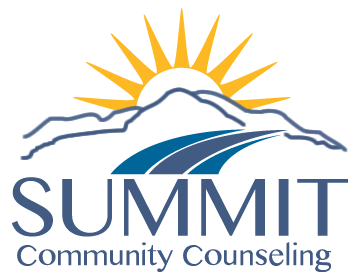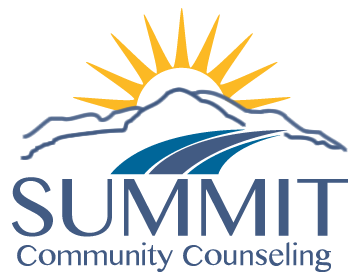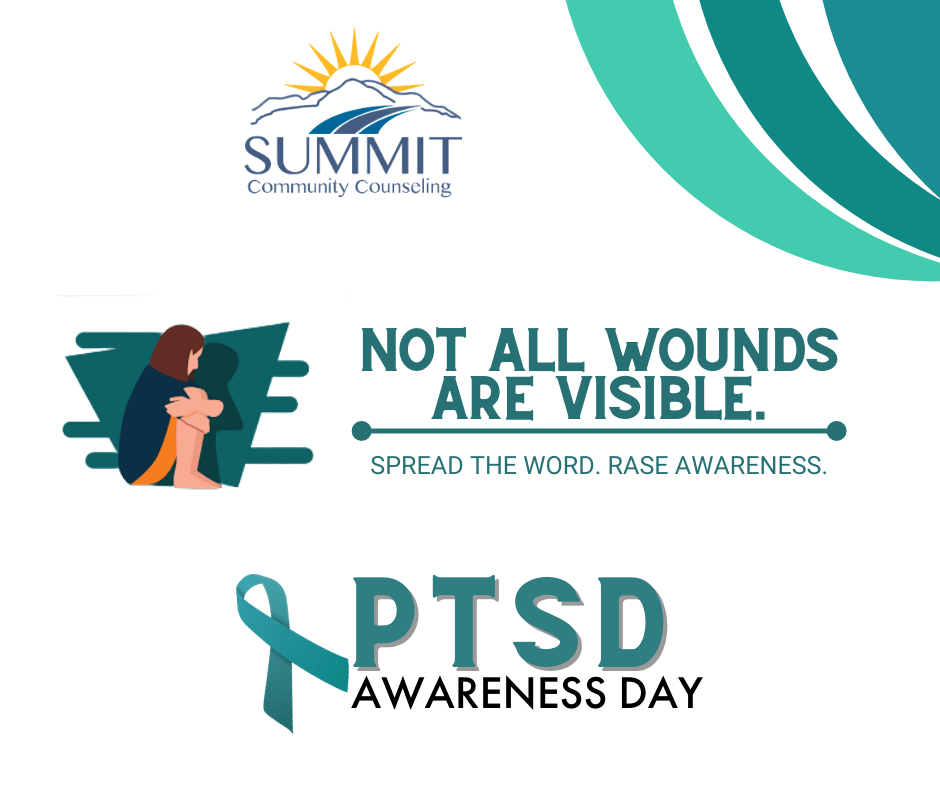Mental health is one of the most pressing issues facing the modern healthcare system, and post-traumatic stress disorder, usually shortened to PTSD, is one of the biggest challenges. PTSD is something that impacts millions of people. This is a condition that usually develops when someone is exposed to traumatic experiences, particularly combat. Therefore, a lot of war veterans develop PTSD; however, there are millions of other people who develop PTSD for other reasons as well.
Because National PTSD Awareness Month is in June, and June 27th is usually National PTSD Awareness Day, it is important for everyone to learn more about this condition. There is a chance that someone you know is impacted by this disorder.
PTSD Definition: What Is PTSD?
PTSD is a serious mental health condition that is typically triggered by a traumatic experience. Either someone witnesses something traumatic or they may have experienced it themselves. Some of the most common reasons why people develop PTSD include:
- They are exposed to a traumatic experience during combat
- They could be the victim of a physical or sexual assault
- They might be involved in a serious natural disaster including a wildfire, an earthquake, a tornado, or a flood
- They might have experienced someone breaking and entering into their home
- They could have suffered a serious injury in a major car accident
- They could have been involved in a life-changing experience while playing sports
Because everyone is different, each case of PTSD is different as well. Even though a lot of people who go through traumatic events have difficulty adjusting and coping, it is also possible for people to improve as long as they have access to the resources they need. Because PTSD can vary widely from person to person, it is important for everyone to understand how this condition may present. Then, everyone also has to understand that there are treatment options available.
What Are the Most Common PTSD Symptoms?
Similar to other conditions, PTSD can present in a variety of ways. Some people may only have mild symptoms while other people may have symptoms that make it nearly impossible to function. In general, PTSD symptoms are grouped into four types. These include:
- Intrusive: People with PTSD often experience intrusive memories. They may experience distressing memories of a traumatic event. They may also live the traumatic event as if it were happening again. People with PTSD may also experience dreams or nightmares about the traumatic event, leading to severe emotional distress.
- Avoidance: Many people with PTSD also try to avoid anything that reminds me of the event. For example, people may avoid places, activities, or people that remind themselves of what happened. People may also go to great lengths in order to avoid thinking or talking about what happened.
- Mood Changes: There are also a variety of negative mood changes that could develop. For example, some people may experience feelings of hopelessness about the future, negative thoughts about themselves and others, and could have difficulty maintaining close relationships with family members and friends. People with PTSD may also develop a disinterest in activities that used to bring joy and pleasure.
- Physical Changes: Finally, there are also a lot of physical changes that accompany PTSD as well. Individuals with PTSD are always on guard, could have difficulty sleeping, and might have a hard time concentrating. They may also develop overwhelming feelings of guilt or shame.
Because these symptoms can be severe, it is important for everyone to see PTSD treatment as quickly as possible.
Seeking Treatment for PTSD
The treatment of PTSD is usually tailored to meet the needs of the individual. A few components of treatment include:
- Individuals with PTSD will learn how to develop skills that could address and control certain symptoms.
- Therapy can be used to improve people’s outlook on their own lives as well as the world as a whole.
- Treatment can also teach people with PTSD to manage certain triggers.
- PTSD treatment can also teach individuals with PTSD to avoid negative coping mechanisms such as alcohol and drugs.
The foundation of PTSD treatment is usually therapy and medication. Cognitive therapy and EMDR therapy are two specific types of therapy that could help people with PTSD learn how to manage their symptoms. In addition, there are specific medications, such as antidepressants and anti-anxiety medications, that could be helpful in certain situations. Each treatment plan is tailored to meet the needs of the patient, everyone should bring up any questions or concerns they may have with their doctor. That way, everyone is on the same page, and patients with PTSD can recover.
Contact Summit Community Counseling for Help with PTSD
If you are someone you know suffers from PTSD, it is important to seek help from a trained mental health professional. That is where we can assist you. We are Summit Community Counseling, and we are a full-service mental health practice providing families, couples, and individuals with complete mental health and psychological testing and assessment. It is our goal to match clients and therapists together, making sure that everyone has their specific needs met. We also understand that not everyone can make it to the office, which is why we offer home-based services as well. We always place the needs of our clients ahead of our own, and it would be our pleasure to do the same for you. Contact us today to learn more about our services.


